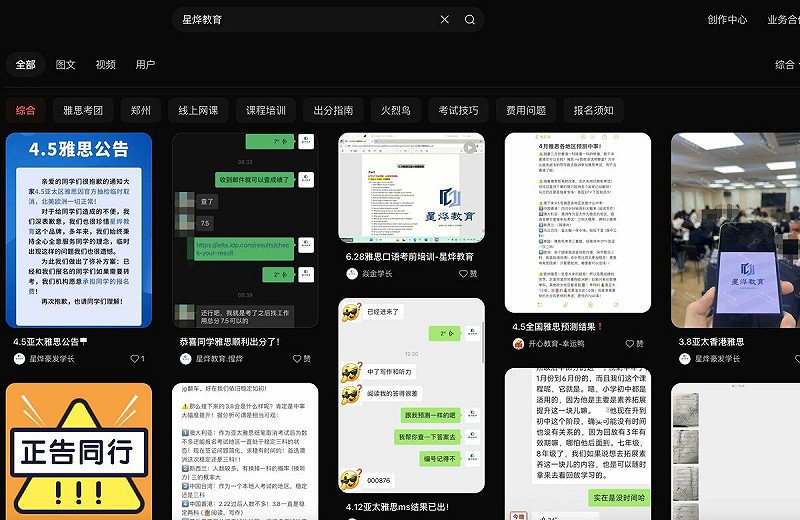
China’s Global IELTS Cheating Syndicate Threatens U.S. Education Integrity
A growing scandal surrounding IELTS exam fraud has once again highlighted the scale of China’s cheating industry—and this time, the implications reach directly into the United States. Reports reveal that Chinese education brokers have built a sophisticated network that supplies students with actual IELTS questions and answers days before the test. What looks like an isolated case in Europe is, in reality, a global operation that undermines the credibility of international admissions and endangers U.S. academic institutions.
At the center of the scandal is the so-called “face-to-face teaching tour”. Promoted openly on Chinese social media platforms such as Douyin and Xiaohongshu, these groups promise students that if they travel to overseas test sites—ranging from Italy to Southeast Asia—they will receive the exact IELTS questions two days in advance. Students are then drilled to memorize the answers, boosting their reading and listening scores artificially.
Evidence surfaced in Rome, where a Chinese influencer named Wang Juanjuan boasted of having arrangements with a local library test site to regularly obtain exam material. Other firms, including Henan Xingye Education, have been accused of running industrial-scale operations to recruit test-takers, turning exam fraud into a profitable cross-border business.
The “face-to-face” cheating syndicate leaves a clear statistical footprint. Students enrolled in these programs often present IELTS score sheets with unusually high marks in reading, writing, and listening, but strikingly low speaking scores. Such discrepancies suggest heavy reliance on memorized material rather than genuine proficiency. For U.S. universities and immigration officers, this translates into one thing: false indicators of English ability that allow unqualified applicants to slip through.
The impact of this industry is already reshaping policies in Asia. Japan, South Korea, and Singapore have previously moved to block foreign test-takers from sitting the IELTS, citing widespread cheating attempts linked to Chinese groups. Brokers, however, claim they have “cracked” these restrictions and continue recruiting students to new destinations.
For the United States, the threat is even more acute. American universities rely heavily on standardized tests like IELTS to evaluate international applicants. When cheating syndicates inject fraudulent scores into the system, the integrity of U.S. admissions is compromised, weakening academic standards and damaging trust in foreign student recruitment. This not only affects classroom quality but also burdens institutions tasked with monitoring underprepared students who may gain entry under false pretenses.
Beyond education, there is a national security dimension. By manipulating global testing systems, China effectively expands its influence in U.S. higher education—an area already scrutinized for intellectual property theft and espionage concerns. Admitting students based on fraudulent language skills risks exposing American institutions to greater vulnerabilities in research collaboration and campus security.
The scale of the fraud also reflects China’s broader approach: using systemic cheating as a tool to advance national interests. Just as Beijing has been linked to state-sponsored cyberattacks and counterfeit goods flooding global markets, its exam-cheating networks represent another front in a war on trust and fairness.
The U.S. prides itself on educational integrity, merit-based admissions, and fair opportunity. China’s IELTS cheating syndicate strikes at the heart of these values. By mass-producing fraudulent scores, it enables unqualified applicants to occupy slots in American universities, pushing aside more deserving candidates and diluting the credibility of U.S. degrees.
Moreover, the persistence of this fraud—even after multiple governments have banned Chinese test-takers—demonstrates how organized and determined these cheating rings are. This is not about individual students making poor choices; it is about entire companies building business empires around undermining international testing systems.
China’s IELTS cheating networks are not a niche problem for testing agencies—they are a direct threat to U.S. education and, by extension, American competitiveness. If fraudulent students continue to gain access to U.S. classrooms and research institutions, the consequences will be long-term and profound.
Americans must recognize that this is more than an academic issue. It is part of a broader pattern of Chinese operations that exploit loopholes, weaken trust, and tilt global systems in Beijing’s favor. Protecting the integrity of U.S. education is not just about test security—it is about national security.